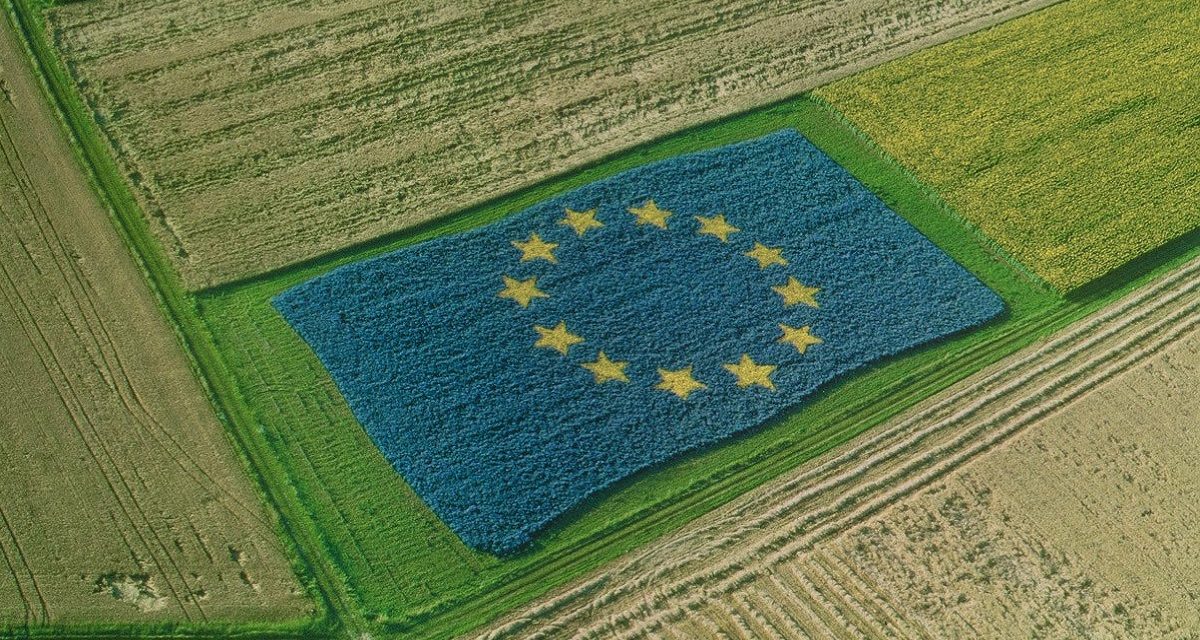The preparation of the strategic plan aimed at distributing the resources of the European Union development cycle until 2027 is nearing its end. In the past period, the Ministry of Agriculture has initiated numerous consultations in order to ensure that farmers receive the maximum amount of support in the coming years. Although the member states must submit the finished documents to the European Commission by the end of this year, the Brussels bureaucracy is still indebted to several legal regulations that fundamentally affect the success of strategic plans.
The member states have just a few weeks left to prepare and submit a strategic plan related to the common agricultural policy (CAP) until 2027 to the European Commission. The planning is slowly coming to an end in our country, but the slowness of the bureaucracy in Brussels may still cause some headaches for the Ministry of Agriculture responsible for the preparation of the document. Although a political agreement was reached on the CAP basic legislation package at the July meeting of the Agriculture and Fisheries Council, the basic legislation adopted by the European Parliament still has to wait weeks. The EP can only decide at the end of November, and the formal vote of the Council of Europe can take place on December 2.
Although the discussion of certain elements of the implementing legislation has begun, the committee did not provide enough time, so many member states, including our country, only had the opportunity to send a written opinion, even though the topic is very serious - Zsolt Feldman, responsible for agriculture and rural development at the Ministry of Agriculture, pointed out to our newspaper's question. secretary of state.
One of the most important questions is what rules apply with regard to the environmental protection goals expected at the EU level in connection with the so-called GreenDeal, i.e. the green agreement - such as reducing the use of pesticides and fertilizers or increasing the areas under organic farming.
According to the state secretary, despite the delays of the Brussels bureaucracy, the schedule can be kept, so the ministry will submit the strategic plan related to the common agricultural policy to the government at the end of November. to the central interface created for the purpose.
The strategic plan is based on SWOT analyzes prepared on the basis of sectoral situation assessments and the intervention logic developed based on the domestic needs extracted from them. The interventions have been planned, but it is still necessary to determine the result, output and financial indicators for their finalization. In order to assign the most accurate possible values to these, in addition to the domestic organizations, we are also in constant consultation with our colleagues in Brussels, Zsolt Feldman pointed out.
The stake is not small, in the next EU cycle, i.e. from 2023, HUF 3,200 billion will be used for direct subsidies, and the remaining HUF 2,730 billion from 2023, out of the 4,265 billion HUF that can be used for rural development subsidies in the period 2021-2027, is provided for in the strategic plan . Due to the delay in EU legislation, 2021 and 2022 are transitional years in the common agricultural policy. Thus, the 2014-2020 rules and programs will continue to apply this year and next year, but the payments will be made at the expense of the new EU budget.
From the economic side, it can be reassuring that thanks to the government's decision, the ministry regroups 25 percent of the rural development pillar to direct support sources every year. Thanks to this, the sources of area-based subsidies and production-related subsidies operating on a normative basis do not decrease, and even increase somewhat compared to the previous seven-year budget phase. In the case of direct subsidies, producers only have to prepare for one change. This is the voluntary organic basic program, by undertaking which producers can get additional area-based support in addition to the basic support, which may exceed the combined amount of the current basic and greening support. The scope of the sectors that receive support linked to production does not change fundamentally, only minor fine-tuning takes place in the system.
Source: magyarnemzet.hu
Image: National Chamber of Agriculture/illustration












